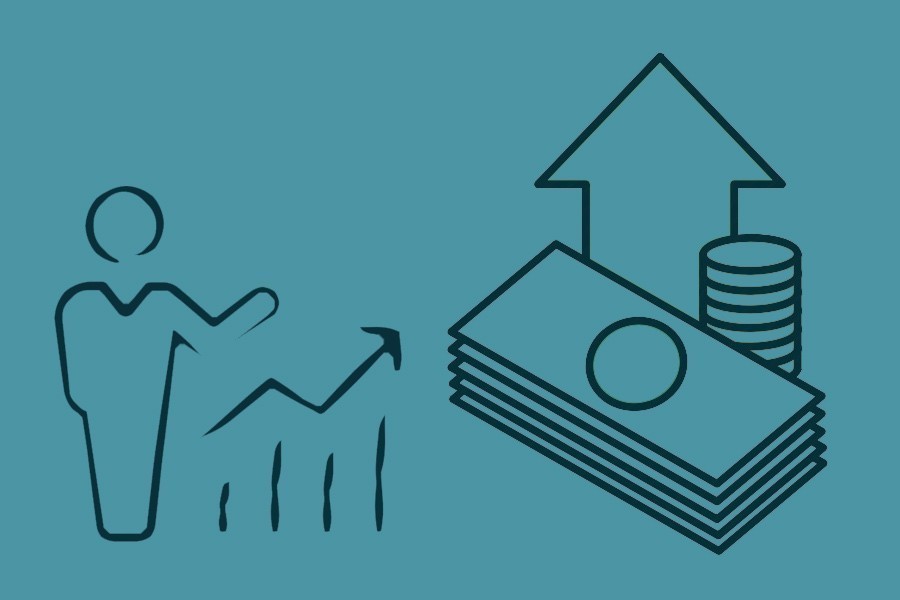There is and was a consensus on the need for social and economic reforms Bangladesh needs. But these vital issues hardly received the attention it deserved at the government's policy level until the country approached the International Monetary Fund (IMF) for a loan. Although the ministers concerned claim that the multilateral lender readily agreed to extend loan to the country because of its present satisfactory economic status and outlook, the agreement terms were with a package of conditions attached. The IMF is more concerned with macroeconomic stability than the microeconomic details such as the malignant growth of a sub-class of the neo-poor but leading local economists cannot turn a blind eye to this disturbing development. It is exactly at this point they question the wisdom of passing the costs of policy failures on to the ordinary citizens of the country.
Before the pandemic and the Ukraine war, the resilience the poor, marginal and low-income segments of people could muster courtesy of a trickle-down benefits of free-market economy has all but gone. Their extreme vulnerability has been made even worse by hiking tariffs of power and gas. Apart from becoming direct victim to increased rates of energy, they have to bear the domino effects of increased production costs of essential commodities when their purchasing power has also gone down due to currency depreciation. Now the authorities are reportedly contemplating to raise the value-added tax --- a step that will add fuel to the rising inflation by making commodities dearer. Clearly, the government has gone for the easy option without touching the loan defaulters, money launderers, business sharks not maintaining clean accounts. Similarly, tax reform has remained unaddressed for the eternity and there is hardly any initiative to raise the tax-GDP ratio ---which is one of the lowest in the region---to a reasonable proportion.
These critical issues came up for review at the 6th Annual Economists' Conference organised by the South Asian Network on Economic Modelling (Sanem) at the Brac Centre Inn on Saturday. The deficit in the financial account to the tune of $1.09 billion in the first half of the current fiscal year compared with a surplus of $6.89 billion a year back exposes weakness in monitoring macroeconomic developments such as flight of capital. A large part of the default loans that account for 9.36 per cent of the total loans is suspected to be a part of the money sent abroad illegally. If the money could be stopped from flight to foreign lands and loans had not been written off and rescheduled, the country even did not require the $4.7 billion IMF loan.
The areas that warrant fiscal reforms in order to mobilisation of internal revenue have been overlooked for much too long and subsidies on power and energy, the most important input for agricultural and industrial production have become the first sacrificial goat. Why not go for massive recovery drive against loan defaulters? There is hardly any chance of bringing back the laundered money but why not confiscate property of those corrupt elements? Those who take wealth out of the country illegally are enemies of the land and they do not deserve any mercy. To cure the economic malady cosmetic surgery will not do, there is a need for major operations.


